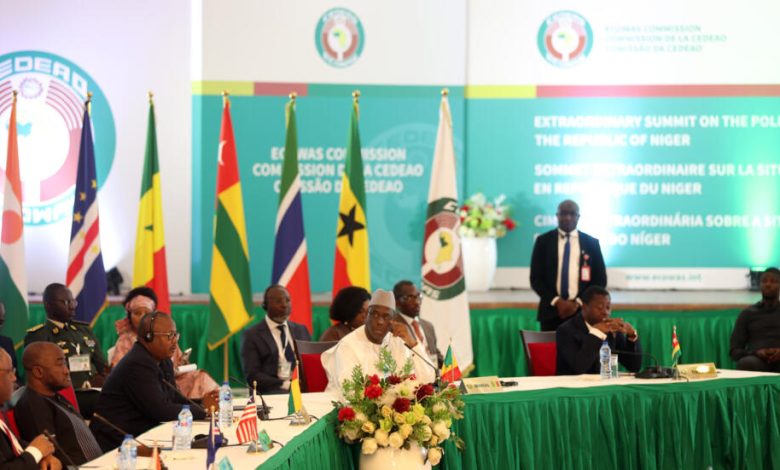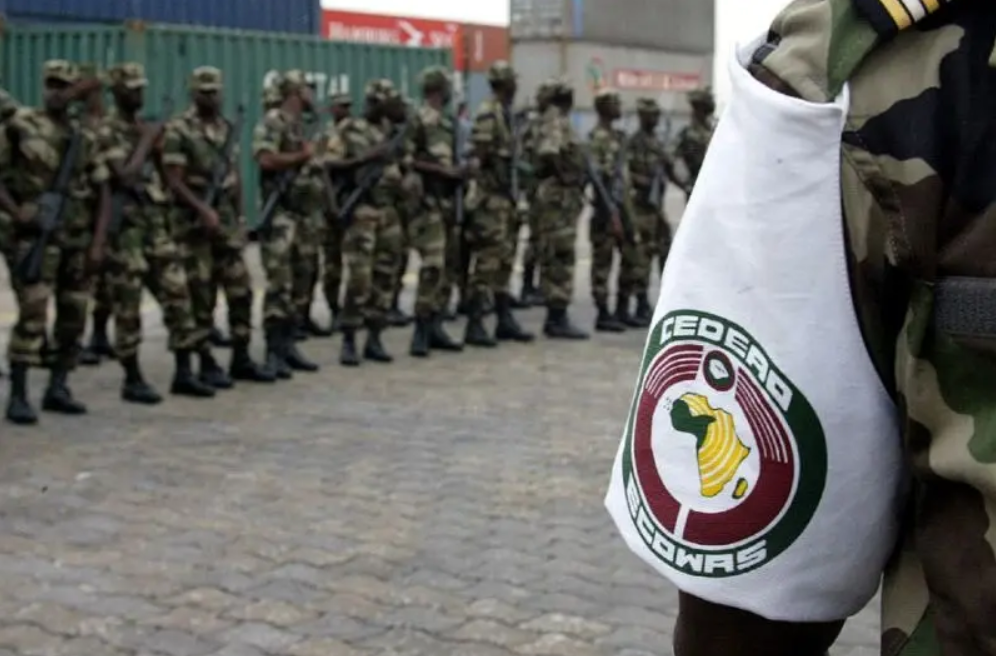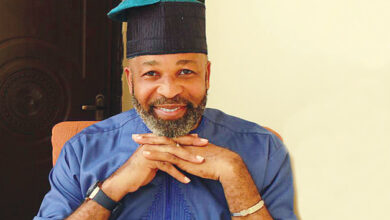West African bloc supports ‘standby’ military force for Niger

West African bloc supports ‘standby’ military force for Niger
Thank you for reading this post, don't forget to subscribe!According to Ivory Coast President Alassane Ouattara, the deployment of a “standby force to restore constitutional order” in Niger has been authorized by West African leaders and would happen as soon as possible.
The ECOWAS regional group has not given any information regarding the force that will be used or the timeline for taking action against the military officials who took over Niger two weeks ago and removed Mohamed Bazoum as president.
However, upon his arrival back in Abidjan after the emergency summit in the capital of Nigeria, Abuja, Ouattara stated: “The Chiefs of Staff will have more talks to finalize things but they have the agreement of the Conference of Heads of State for the operation to commence as soon as possible.
According to Ouattara, additional nations will join the Ivory Coast battalion of 850 to 1,100 soldiers who would also include soldiers from Nigeria and Benin.

President Bazoum will be reinstated to his duties, Ouattara declared.
“We are committed to giving president Bazoum his roles back.”
Omar Touray, the president of the ECOWAS Commission, had earlier confirmed the movement of the group’s military in Abuja.
US Secretary of State Antony Blinken praised ECOWAS’ “determination to explore all options for the peaceful resolution of the crisis” in a statement on Thursday and called for a non-violent approach to undo the coup.
He told reporters earlier on Thursday that the group was “playing a key role in highlighting the necessity of a return to constitutional order, and we very much support ECOWAS’ leadership and work on this.”
According to the foreign ministry, France, a former colonial power, provided “full support to all the conclusions” made by ECOWAS.
But even while the conference was taking place, Niger’s new military rulers were stepping up their efforts to seize power and displaying even more defiance by installing a new administration.
Prime Minister Ali Mahaman Lamine Zeine, a civilian, will preside over a 21-member government, with the defense and interior ministries being led by generals from the new military ruling council.
The ECOWAS deadline of Sunday for the coup leaders to free Bazoum, who has been held since July 26, or risk military involvement, has already been disregarded.
The crisis meeting’s chair, Nigeria’s Bola Tinubu, said: “All is not lost yet” for a “peaceful solution, as a roadmap to restore democracy and stability” in Abuja.
However, he continued, “No option is taken off the table, including the use of force as a last resort.”
Tinubu had emphasized “we prioritise diplomatic negotiations and dialogue as the bedrock of our approach” before to the private discussions.
‘We must engage’
The 15-nation bloc is fighting to stop military takeovers that have affected four of its members in the past three years, which could signal new instability in a region that has been battling Islamist insurgencies for years.
Before the meeting, Tinubu admitted that “the seven-day ultimatum we issued during the first summit has not yielded the desired outcome”.
The coup leaders rejected an attempt this week to send a united delegation of ECOWAS, UN, and African Union representatives to Niamey, the capital of Niger.
In order to persuade all parties, including the coup leaders, to cede control and restore President Bazoum, Tinubu said: “We must engage all parties involved, including the coup leaders, in sincere discussions.”
The potential for military action in Niger, a fragile country that is among the poorest in the world, has spurred discussion within ECOWAS and concerns from Algeria, a neighboring country, as well as Russia.
The military administrations that control Mali and Burkina Faso, two nations that border Niger, have both warned that intervening would amount to a “declaration of war” against those nations.
The recent coup-affected nations of Mali, Burkina Faso, and Guinea have all been expelled from ECOWAS and, like Niger, were not represented at the Abuja conference.
The fifth coup in Niger since its independence from France in 1960 has been violently opposed by Nigeria, the current ECOWAS chair.
On Wednesday, Umaro Sissoco Embalo, the president of Guinea-Bissau, remarked before taking off for Abuja that the recent coups among its members put the survival of ECOWAS in jeopardy.
UN Secretary-General Antonio Guterres expressed worry about 63-year-old Bazoum and his family, claiming that they were apparently living in “deplorable conditions”.
On Wednesday, CNN claimed that Bazoum was being held in seclusion and receiving only meals of simple rice and pasta.
‘Sahel instability‘
A jihadist insurgency that began in northern Mali in 2012, moved to Niger and Burkina Faso in 2015, and is currently causing unease in governments around the Gulf of Guinea is being fought by countries in the Sahel.
These three countries, which have volatile histories and are among the world’s poorest, have suffered greatly as a result of the violent campaign.
Niger has the unfortunate situation of having to deal with a dual jihadist insurgency from terrorists entering from the southeast and the southwest.
The election of Bazoum in 2021 helped Niger forge strong ties with France and the United States, both of which have significant bases and troop deployments there.
Following disagreements with the militaries of Mali and Burkina Faso last year, France withdrew its forces from both countries and shifted its anti-jihadist campaign to Niger.





